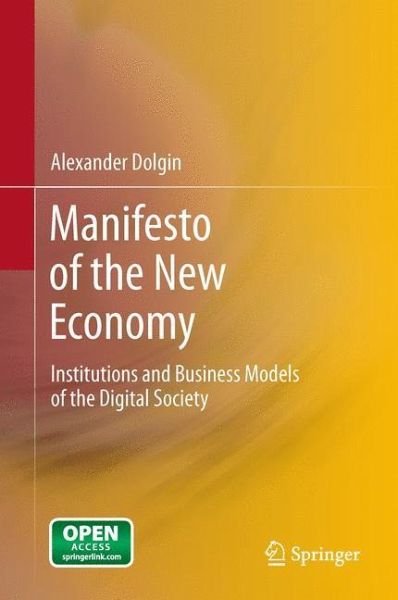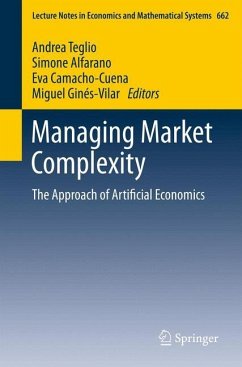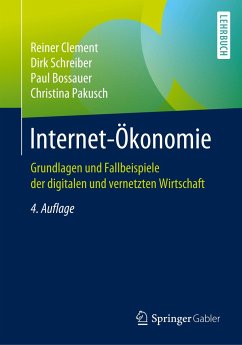
Manifesto of the New Economy
Institutions and Business Models of the Digital Society

PAYBACK Punkte
19 °P sammeln!
The book describes the main directions for the development of the digital society. The author angles its book to those who are interested to know what would replace search engines, and how social networks would evolve; what profit can be made of different forms of informational collaboration (crowdsourcing, collaborative filtering). And, the main thing, how it will influence the structure of the society and human pursuit for happiness. The author does not confine himself to a theory, he sets and solves practical questions: How talent, success and "stardom" are interconnected, how to make money...
The book describes the main directions for the development of the digital society. The author angles its book to those who are interested to know what would replace search engines, and how social networks would evolve; what profit can be made of different forms of informational collaboration (crowdsourcing, collaborative filtering). And, the main thing, how it will influence the structure of the society and human pursuit for happiness. The author does not confine himself to a theory, he sets and solves practical questions: How talent, success and "stardom" are interconnected, how to make money in social networks, what is the business model for the development of entertainment and media, how to measure cultural values, and what is the subjective time of the individual and how to make it qualitative? There have been no answers to these questions before. Internet and social networks have provided tools and data that Alexander Dolgin was the first to use in economics.














